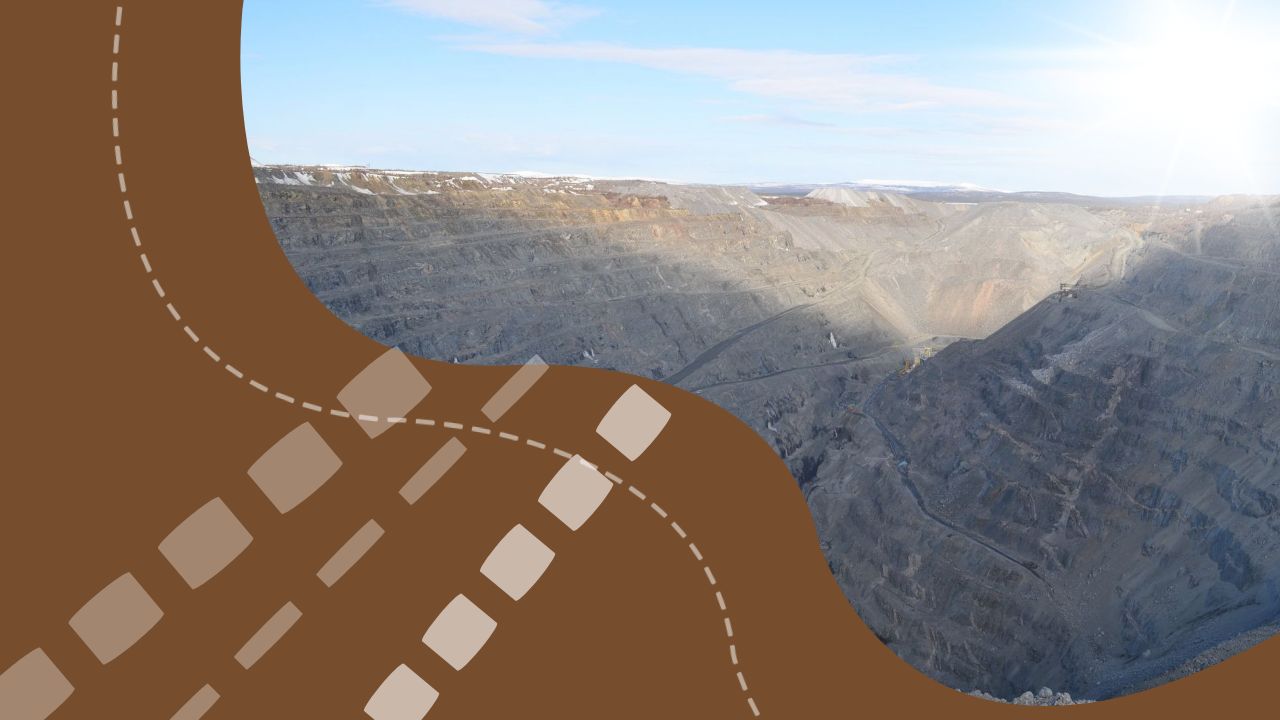In 2025, the Republic of Kazakhstan will see a change in the mineral extraction tax (MET) rate on radioactive metals, according to the press center of the atomic company Kazatomprom. Starting from the first day of the new year, the tax on the extraction of valuable minerals will be set at 9%. From 2026, a differentiated tax will be introduced, allowing the MET rate to vary between 4% and 18%.
The rate will depend on the actual amount of uranium extracted under each specific contract, as well as the cost of natural uranium concentrate. If the annual extracted volume is up to 500 tons, the enterprise will be taxed at 4%. For annual production levels up to 1,000 tons, the rate will rise to 6%, up to 2,000 tons — 9%, up to 3,000 tons — 12%, and up to 4,000 tons — 15%. If more than 4,000 tons of uranium is mined in a year, the MET will reach 18%.
It is important to note that if a certain weighted average price of uranium is exceeded, the tax rate will increase. For example, if the average cost exceeds $70 per pound of concentrate, the tax rate will increase by 0.5%. If the price surpasses $110 per pound, an additional 2.5% will be added to the existing rate.
Until the end of 2024, uranium companies will continue with the current taxation procedure. Since January 1 of last year, the MET has been 6%. The management of Kazatomprom expects that in 2026, all subsidiaries and joint ventures of the national company will be able to benefit from the differentiated tax calculation approach.

